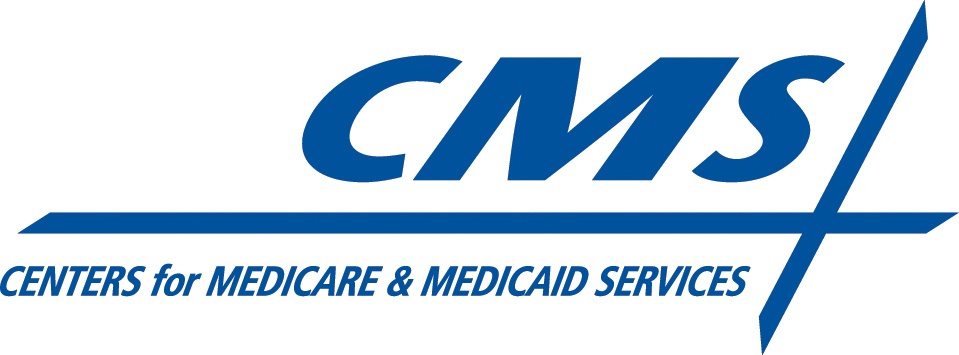So many questions, so few answers. But the answers are coming! Here are some of our favorite stories out right now:
Via Yahoo News, Liz Goodwin, The Lookout
Could President Obama’s sweeping health care reform law survive if the court strikes down the requirement that all Americans buy insurance?
The short answer is yes — but insurance companies certainly won’t be happy about it.
Both Justice Department lawyers and their challengers agree that the individual mandate is not “separable” from the rest of the law, which means the rest of the law can’t survive if the individual mandate is surgically removed by the court.
The lower courts have been split on the question, but one of them, the 11th Circuit Court of Appeals, ruled in August that only the mandate should be struck down, leaving the rest of the law’s provisions — including an expansion of Medicaid to cover all low-income people and federal subsidies for lower-income and middle-class people to buy insurance — in place.
That decision no doubt sent shivers down the spines of some insurance executives. Striking down the mandate could be a nightmare scenario for the health insurance industry, since the rest of the law compels them to accept sick customers and to not charge higher premiums based on a customer’s health, age or gender. Sick customers would flood the insurance market and drive up costs, while young, healthy uninsured people would take their chances and not buy coverage, in what insurers worry would be a “death spiral” of rising costs.
Via The Associated Press, Boston Herald
DONALD B. VERRILLI JR.
Verrilli is solicitor general of the United States, the government’s official representative in front of the Supreme Court. He was confirmed to his position last June as the replacement for Justice Elena Kagan after serving as associate deputy attorney general and an associate White House counsel in the Obama administration. A graduate Columbia Law School, where he served as editor-in-chief of the Columbia Law Review, he was a law clerk for Justice William J. Brennan, Jr. and a partner at Jenner & Block, where he co-chaired the firm’s Supreme Court practice. He has argued more than a dozen times before the Supreme Court, and worked as an adjunct professor at Georgetown University Law School from 1992 through 2008. In 1994, as special counsel to President Bill Clinton, he assisted in the confirmation process for Justice Stephen Breyer.
Official biography: http://www.justice.gov/osg/meet-osg.html
___
PAUL CLEMENT
Clement is a former solicitor general, having served in that position for President George W. Bush. When confirmed, he was the youngest solicitor general in 115 years at age 38. Clement graduated magna cum laude from Harvard Law School one year behind Obama, and clerked for Justice Antonin Scalia. He has argued more than 55 cases at the Supreme Court, and served as the chief counsel of the U.S. Senate Subcommittee on the Constitution, Federalism and Property Rights. A partner at Bancroft PLLC, he is a Georgetown University law professor and a former partner at King & Spalding. He resigned from there after the firm decided not to continue its representation of the U.S. House of Representatives in its attempt to defend the Defense of Marriage Act. Clement was one of the lawyers who made the successful argument in front of the 11th U.S. Circuit Court of Appeals in Atlanta that would strike down the law’s core requirement that individuals carry health insurance or pay a penalty
Official biography: http://www.bancroftpllc.com/professionals/paul-d-clement/
___
MICHAEL A. CARVIN
Another former Justice Department official, Carvin’s most famous argument was delivered to the Florida Supreme Court on behalf of soon-to-be President George W. Bush in the Florida recount controversy during the 2000 presidential election. A graduate of George Washington University’s law school in 1982, Carvin has worked as deputy assistant attorney general in the Justice Department’s Office of Legal Counsel, which is responsible for legal opinions that are binding on the Executive Branch, deputy assistant attorney general and special assistant to the assistant attorney general in the department’s civil rights division. He will be representing the National Federation of Independent Businesses, which was a party to the lawsuit in the 11th U.S. Circuit Court of Appeals in Atlanta that struck down the law’s core requirement that individuals buy health insurance or pay a penalty.
Official biography: http://www.jonesday.com/macarvin
Richard Wolf, USA Today, via the Pensacola News Journal
WASHINGTON — Health coverage for more than 30 million people. The power of Congress to regulate interstate commerce. President Obama’s re-election chances. The reputation of the Supreme Court and the legacy of its chief justice.
And to hear some tell it: liberty.
All that and more could be at stake today when the Supreme Court begins a historic three days of oral arguments on the 2010 health care law that has become a symbol of the nation’s deep political divide.
All that and more could be at stake today when the Supreme Court begins a historic three days of oral arguments on the 2010 health care law that has become a symbol of the nation’s deep political divide.
Not since the court confirmed George W. Bush’s election in December 2000 — before 9/11, Afghanistan and Iraq, Wall Street’s dive and Obama’s rise — has one case carried such sweeping implications for nearly every American.
STAY TUNED!
 You’ve hired a new doctor to join your practice, but it will take several months to get the new doctor on your insurance plans and to add him or her to your group practice. What do you do? Can you bill for the new doctor’s services under your own provider name or number? Can you hold the billing and submit it at a later date?
You’ve hired a new doctor to join your practice, but it will take several months to get the new doctor on your insurance plans and to add him or her to your group practice. What do you do? Can you bill for the new doctor’s services under your own provider name or number? Can you hold the billing and submit it at a later date?





